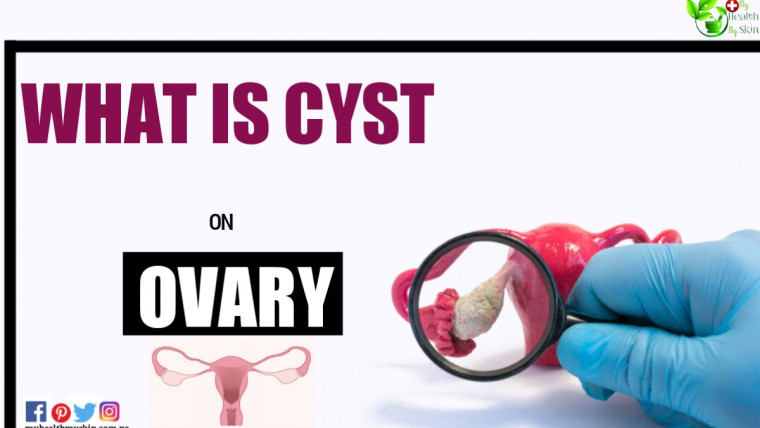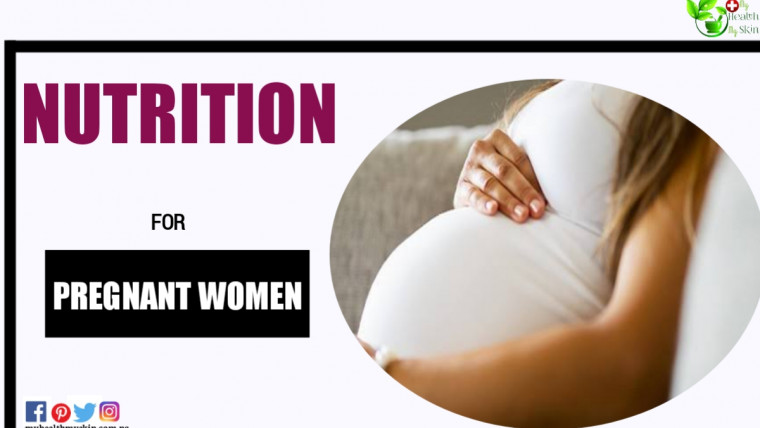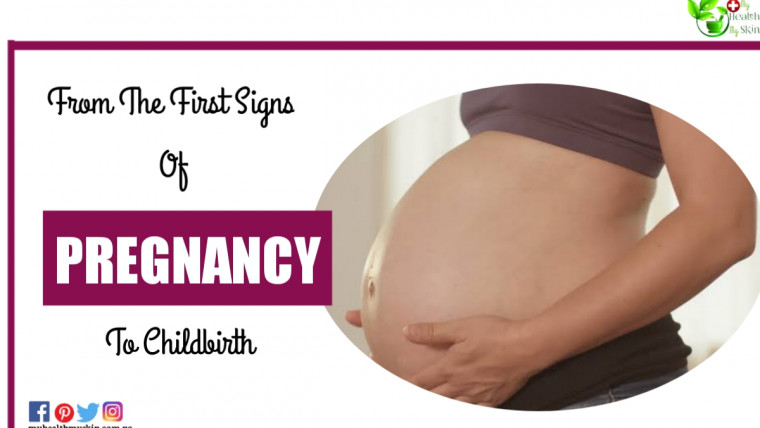Previously we talked about how to calculate your pregnancy weeks.
Today, we”ll look at “is it possible to get pregnant outside the fertile period” And when is ovulation in the cycle?
Before we proceed, if you’re thinking about having a baby or making plans for pregnancy, then you shouldn’t ignore this video below. Get to find out all you need to know about getting pregnant, managing Pregnancy, essential pre-pregnancy screenings, and lots more – with Dr. Marjorie Dixon.
Watch the video now.
Keep reading to find out!
Doubt of many attempts is about the fertile period. Can a pregnancy happen on different days in different cycles or can it only happen in a certain period?
The answers to these questions are as complex as the human body itself. Many women can suffer when they are trying to get pregnant precisely because they cannot distinguish their fertile period.
When is ovulation in the cycle?
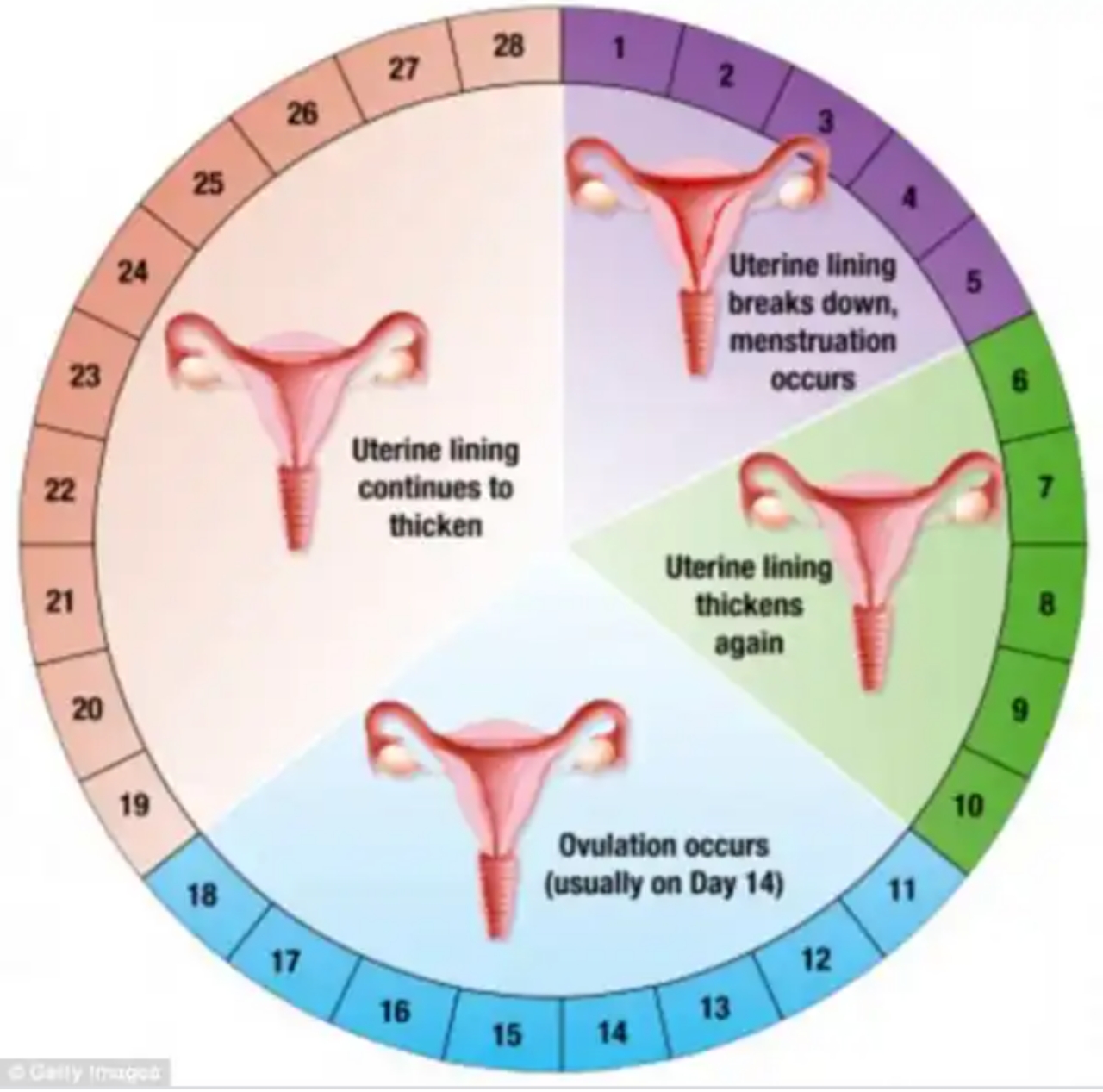
All the changes that can happen from cycle to cycle and from body to body, can make a knot in the tentative’s head, but we can say that the ovulation period is never the same for all.
There is only one similarity in the cycles: There are 7 days of fertile window in which the eggs can be fertilized at any time. It all depends on how long it will take for it to mature enough to be released.
What can change then is the period of ovulation from cycle to cycle and from woman to woman, but not in the number of days, but when it will happen. So let’s understand better:
When is ovulation period of irregular cycles?
An irregular cycle, for example, can have a variation of days because the period that ovulation takes place is never the same as the previous cycle. Usually what varies in a cycle is the follicular phase and not the ovulatory one and also the luteal phase.
That’s why it’s important to keep an eye out for signs that the woman’s body is reaching her fertile period. Some women may have a follicular phase (in which the egg is developing) longer than in the previous cycle, and shorter in the next cycle. In theory, 14 days should be taken out of the total days of the cycle to obtain the correct size of the follicular phase:
- A 37-day cycle would have an average of 23 days of follicular phase – 37-14= 23
- A 21-day cycle would have an average of 7 days of follicular phase – 21-14= 7
- A 28-day cycle would have an average of 14 days of follicular phase – 28-14 = 14
In irregular cycles the follicular phase can fluctuate a lot and that is why it is difficult to get pregnant basing your cycle on a calendar of these ovulation period applications.
The best even for those who have cycles in which the fertile period changes constantly is to look for alternatives such as knowing your body and also ovulation test, basal temperature and billings method.
When is ovulation period of regular cycles?
The ovulation period of regular cycles or with little variation is easier to be identified, as it does not change the period of the cycle and also because it fits in tables and calendars and applications. The reason for all these changes is certainly hormonal. The time it takes for FSH, estrogen and LH to be produced is a warning that the brain gains from the ovaries to release certain essential hormones during this period of ovulation. An organism can have constant hormonal changes, so for those who want to get pregnant, the ideal is whenever there are delays, seek a doctor to check the hormonal condition.
Is it Possible to Get Pregnant Outside the Fertile Period?
Please Note: A woman can get pregnant outside of what could be her fertile period as usual, but she will only become fertile at the time of ovulation. What happens is that, the fertile period changes the date and lengthens or shortens the cycle.
The ovulation period can vary for more or less. While you can have immense cycles of up to 70 days and a super late ovulation, it can also happen the opposite, the woman having short cycles due to anticipation of ovulation. As stated above, the days before ovulation vary from woman to woman and it can also happen to change from cycle to cycle. The ideal for regulated and deregulated women is still to check the ovulation through their body so that there are no mismatches with ovulation. The table and apps help a lot, but can make you miss the fertile days too. Keep an eye on the signals your body gives.
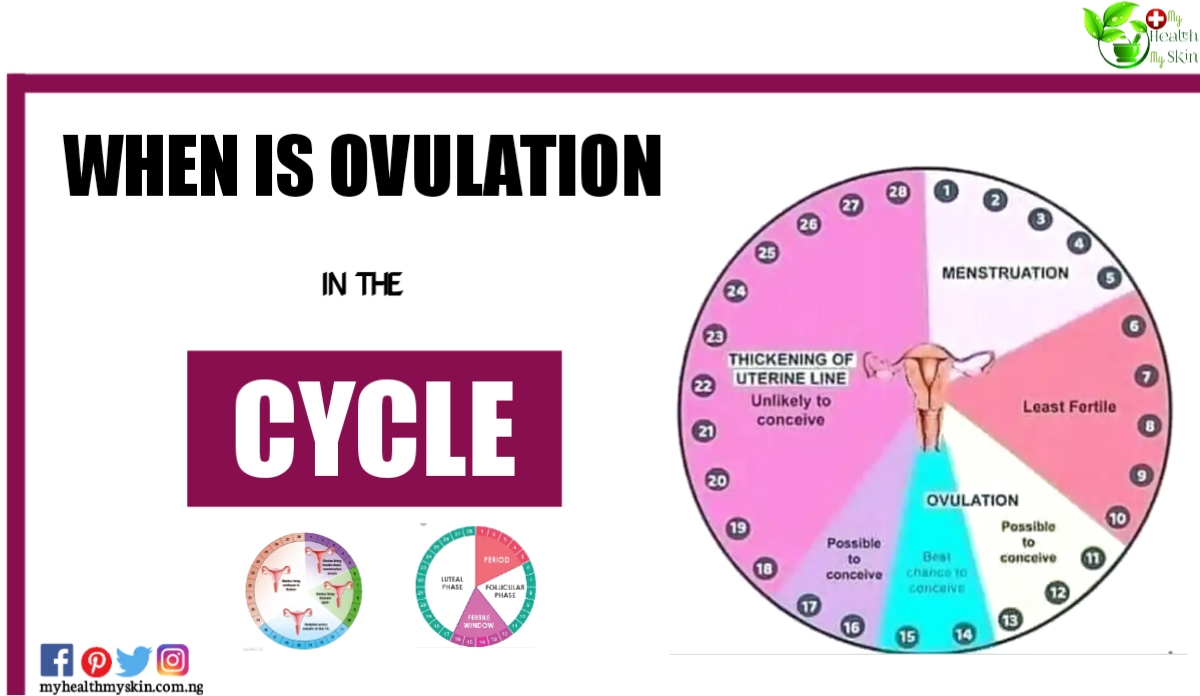
Some posts are interesting for those looking for exactly their fertile period:


